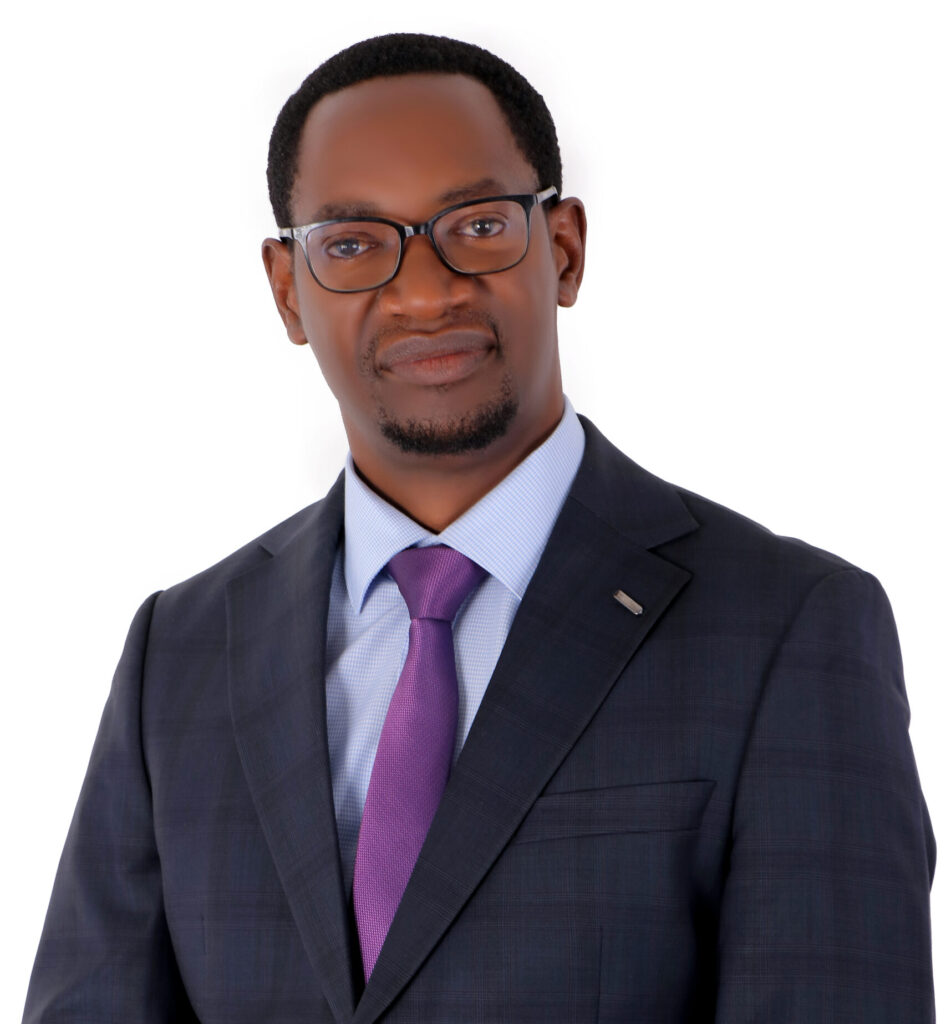By Yasiri J. Kasango
Uganda Christian University (UCU), Dr. Martin Kizito, has been appointed as the Head of Grants and Partnerships within the Directorate of Research Partnerships and Innovation, effective June 2024. This new role marks a significant milestone in Kizito’s career, promising to further strengthen UCU’s research capabilities and collaborative endeavours.
Kizito’s academic journey began at Makerere University, where he pursued a degree in Political Science. His early experiences at Makerere, including a stint as a student leader, shaped his understanding of governance and public administration. However, it was during his undergraduate years that he realised the limitations of political science in providing practical solutions to the continent’s challenges.
“Politics does not provide solutions,” Dr. Kizito reflects. “In politics, we analyse events, decisions, behaviours, and environments. But I realised that solutions lie in the hands of technical experts who implement the decisions of politicians.”
This realisation led him to pursue a masters’ degree in public administration and management, where he focused on understanding the machinery of government and how resources are managed. Yet, even with this knowledge, he felt that something was missing. The implementation of policies often fell short, and Kizito was determined to find out why.
His quest for answers led him to the field of monitoring and evaluation. At the time, evaluation as a discipline was still emerging in Uganda. The Uganda Management Institute (UMI) had just introduced a postgraduate diploma in the area, and Kizito saw this as the next step in his academic journey. He enrolled in the programme, eager to complement his public management knowledge with skills in assessing government programmes and policies.
“I realised that even with the best technical people, things often go wrong,” Kizito explains. “I needed to understand how to evaluate the effectiveness of policies and programmes to ensure that they achieve their intended outcomes.”
This drive eventually led him to pursue a PhD in Public Policy with a specialisation in policy evaluation in 2020 from the University of Pretoria. His research focused on one of African Union’s (AU) most ambitious initiatives – the African Peer Review Mechanism (APRM), a governance tool aimed at promoting accountability and good governance across the continent. Kizito’s work sought to develop an indigenous framework for evaluating such initiatives, grounded in African contexts and realities.
At that time he was an executive member of Partnerships for Africa Social Governance Research (PSGR). He shares that he was working as a governance specialist for the African Union. “I used to sit on their panel of reviewers,” Kizito says.
His research culminated in the development of what he calls the “Made in Africa Evaluation Framework.” This framework is designed to operationalise evaluation theories that have been proposed by African scholars but have not yet been put into practice.
“The African Union had been implementing the APRM since 2003, but there was no established framework guiding its evaluation,” Kizito notes. “I saw this as an opportunity to create a framework that is truly African, one that reflects our unique challenges and contexts.”
While pursuing his PhD, Kizito faced the challenge of balancing his academic ambitions with his responsibilities as a family man. His wife, Angela Maggie Kizito, and their nine-year-old daughter, Claire, were his pillars of support throughout his studies. Despite the financial and emotional strain, he remained committed to his goal, studying on a fully paid scholarship from the Carnegie Corporation of New York, which eased some of the financial burdens.
“UCU granted me study leave with a partial salary,” he recalls. “But I also had to rely on the scholarship and some teaching incentives to support my family.”
Kizito continues to contribute to the field of evaluation not just as an academic but also as a practitioner. He has been involved in several policy advisory roles, including with the Centre for Policy Analysis in Uganda and international organisations like the Konrad Adenauer Foundation.
“My passion has always been to influence policies, not just in Uganda but across Africa,” he says. “I want to ensure that our policies are informed by African knowledge and that they work for our people.”
“For a long time, the knowledge that informs evaluation in Africa has come from elsewhere,” he observes. “It’s time for us to generate our own frameworks, based on our own experiences and realities. That is my mission, and it is what I will continue to work towards.”


